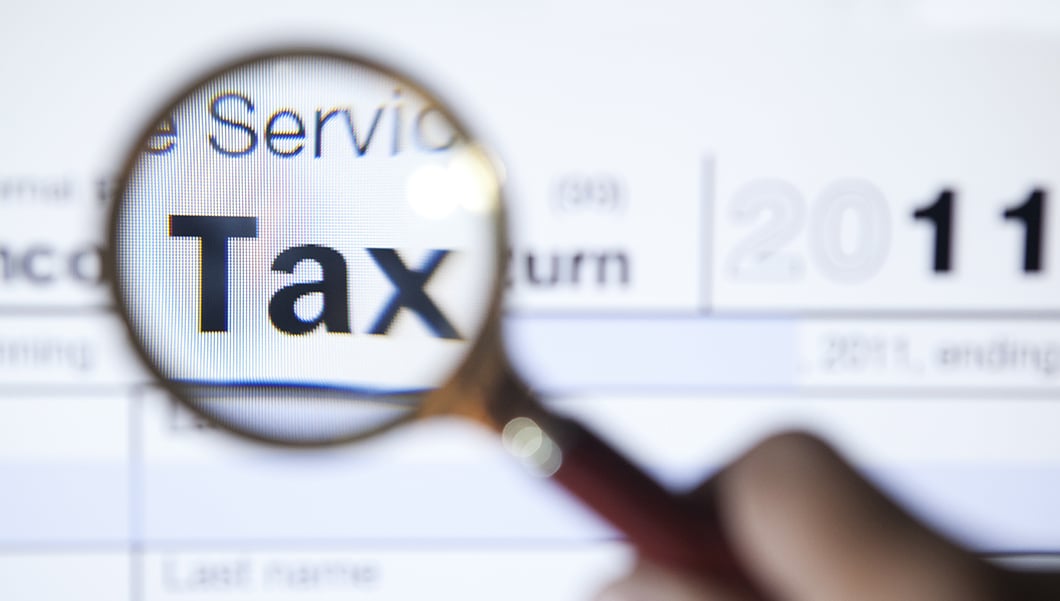
Tax E-News July 2016
THINKING ABOUT INCORPORATING YOUR BUSINESS?
Where a sole trader, partnership or LLP has established a significant value for the goodwill of their business it was possible up until 3 December 2014 to transfer that goodwill to a limited company and pay just 10% capital gains tax by claiming entrepreneurs’ relief. The former owner(s) could then draw down on the loan account created with the transferee company over time as future cash was generated by the business. This tax planning strategy became less attractive when entrepreneurs relief was denied where the transferor and transferee were related parties, although the latest Finance Act has relaxed this rule where the former owner receives less than 5% of the acquiring company’s shares.
Now that the top rate of CGT has been reduced to 20% from 6 April 2016 for such transfers, rather than 28%, it may be worth reconsidering this strategy. For example where an individual’s share of goodwill is worth £500,000 the CGT due would be £100,000 leaving £400,000 net of tax. Note that for a transfer in June 2016 the CGT would not be due until 31January 2018.
Consider charging interest to the company on the loan account balance as that is now more tax efficient than dividends for higher rate taxpayers.
Note that although the goodwill would generally need to be written off against the company’s profits, there is no longer a tax deduction for the amortisation resulting in higher taxable profits.
SHOULD I USE THE VAT FLAT RATE SCHEME FOR MY SMALL BUSINESS?
The VAT Flat Rate Scheme is intended to simplify VAT accounting and reporting for small businesses, and some may even find that they pay less VAT than using normal VAT accounting.
To join the scheme your VAT turnover must be £150,000 or less (excluding VAT), and you must apply to HMRC to use the scheme. You can remain in the scheme until your turnover including VAT exceeds £230,000. With the Flat Rate Scheme you pay a fixed rate of VAT to HMRC depending on your business category and you keep the difference between what you charge your customers and pay to HMRC. However, you can’t reclaim the VAT on your purchases, except for certain capital assets over £2,000.
HMRC have recently revised their guidance on different business categories. For example not all consultants should use the 14% flat rate applicable to management consultants and should instead use the 12% rate for ‘business services not listed elsewhere’. That would result in them paying over 2% less of their takings to HMRC. On £150,000 a year that would be a £3,000 VAT saving. There is a further 1% reduction in the first year that the business is VAT registered.
REPORTING BENEFITS IN KIND AND SHARES ISSUED TO EMPLOYEES AND DIRECTORS
It’s that time of year again when the annual return of benefits in kind and expenses paid on behalf of directors and employees needs to be made to HMRC. Unless the employer holds a dispensation, this includes expenses such as travel and subsistence that are reimbursed to employees and directors.
Note however that from 2016/17 the employer will no longer need such a dispensation if the expenses are wholly, exclusively and necessarily incurred in the performance of the individuals’ duties.
Remember also that whenever companies issue shares to employees and directors they need to consider whether or not an entry needs to be made on the end of year HMRC Form 42. This form is used to report events relating to shares and securities obtained by reason of employment and needs to be submitted online by 7 July following the end of the tax year.
TRIVIAL BENEFITS IN KIND NOW EXEMPT
Employees are no longer taxable on trivial benefits in kind, provided the cost to the employer is less than £50. This must not be cash or vouchers or a reward for past or future services but is intended to cover gifts of flowers on a birthday or a turkey at Christmas.
COMPANY CAR ADVISORY FUEL RATES
These rates are the suggested reimbursement rates for employees’ private mileage in their company cars and are reviewed each quarter on 1 March, 1 June, 1 September and 1 December. In line with an increase in fuel prices, the rates that apply from 1 June 2016 are shown below:
| engine size | petrol | diesel | LPG |
| 1,400 cc or less | 10p | 7p | |
| 1,600 cc or less | 9p (8p) | ||
| 1,401cc to 2,000cc | 13p (12p) | 9p (8p) | |
| 1,601cc to 2,000cc | 10p | ||
| over 2,000cc | 20p (19p) | 12p (11p) | 13p |
Where there has been a change, the rates that applied prior to 1 June 2016 are shown in brackets.
You can use the previous rates for up to 1 month from the date the new rates apply.
If you reimburse your employees the tax free amount of 45p a mile (25p after 10,000 miles) for using their own car for business purposes, then 20/120ths of the above amounts can be reclaimed as input VAT by your business. For example, a diesel-engine car emitting over 2,000cc = 12p x 1/6 = 2p input VAT a mile.
TAX DIARY OF MAIN EVENTS FOR JULY / AUGUST 2016
| Date | What’s Due |
| 01 July | Corporation tax for year to 30/9/15 |
| 06 July | Forms P11D and P11D(b) for 2015/16 tax year, and where appropriate form P9D |
| 07 July | Form 42 – shares issued to employees and directors |
| 19 July | PAYE & NIC deductions, and CIS return and tax, for month to 5/7/16 (due 22 July if you pay electronically); payment of Class 1A NICs for 2015/16 (22 July if you pay electronically) |
| 31 July | Second 50% payment on account of self-assessment income tax for 2015/16 |
| 01 Aug | Corporation tax for year to 31/10/15 |
| 19 Aug | PAYE & NIC deductions, and CIS return and tax, for month to 5/8/16 (due 22 August if you pay electronically) |
Guide to selling your business
Your simple guide to helping you maximise the value in your business.
Sign up to receive alerts
Call us on 01628 770 770 for a no-obligation chat
You may also be interested in...
New Companies House filing requirements under the Economic Crime and Corporate Transparency Act (ECCTA) 2023.
What’s happening? The ECCTA received Royal Assent in October 2023 and gives more powers to Companies House to play a more significant role in tackling economic crime and supporting economic growth. Introduction of new laws under the ECCTA will be…
Companies House Filing Fee Increases from May 2024
From Wednesday 1st May 2024 the revised Companies House filing fees will come into effect. The change comes following The Economic Crime and Corporate Transparency Act 2023 which allows Companies House increased powers to ensure accuracy, verify the…
April 2024 – Tax News
Happy new tax year In this April issue we highlight some of the key tax changes that take effect from the start of the new tax year. Unfortunately, most of the income tax and national insurance thresholds continue to be frozen, resulting in an…



